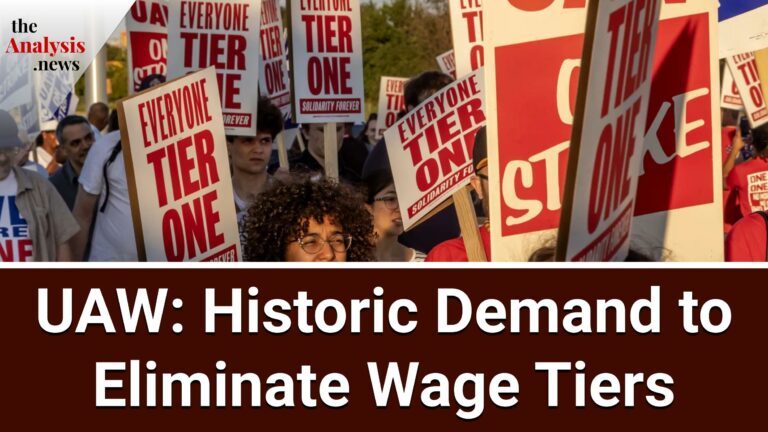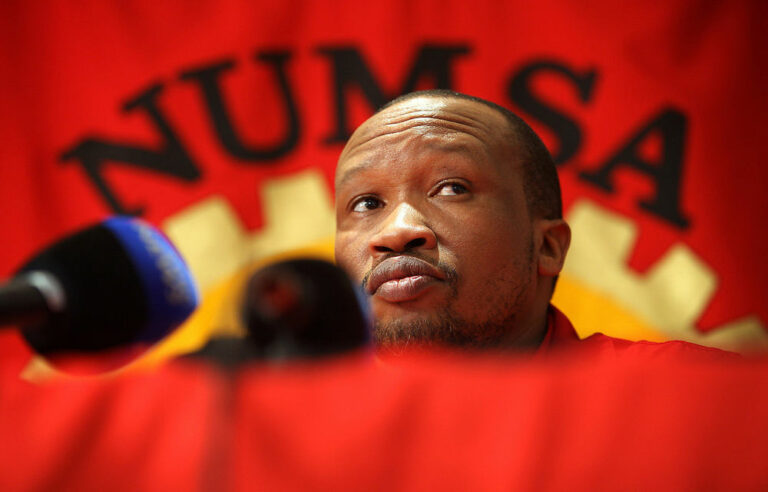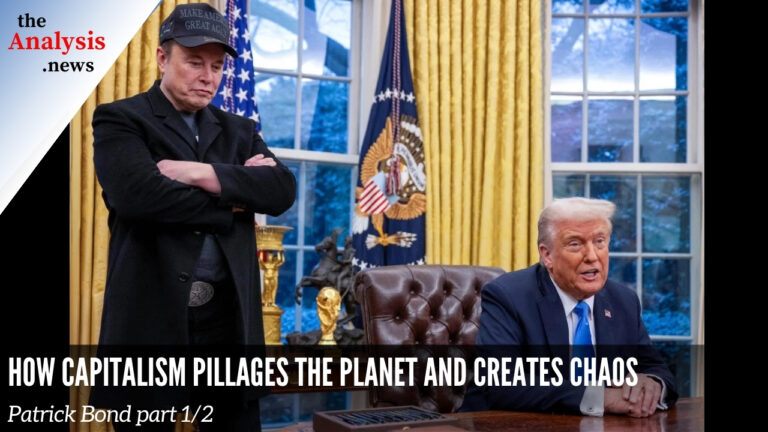Similar Posts

UAW: Historic Demand to Eliminate Wage Tiers – Frank Hammer
Frank Hammer, former President of United Auto Workers (UAW) local 909 in Detroit and retired GM worker, explains how “legacy” workers are standing up for new hires. This is critical to building working-class solidarity. He also reflects on the history of autoworker strikes in the U.S. and in Mexico, reminding us of the deadly incident at the Ford Cuautitlán plant, in which thugs dressed in Ford uniforms shot dead one of the workers and injured ten others.

At the Center of a Storm – Irvin Jim on RAI ( pt 2/3)
The interview was originally published on January 29, 2015. On Reality Asserts Itself: Mr. Jim, General Secretary of the National Union of Mineworkers of South Africa, explains why his union withdrew its support for the governing African National Congress.

Cold Truth: The Texas Freeze is a Catastrophe of the Free Market – James K. Galbraith
Texas’s electricity market “reforms” made the current crisis inevitable

How Capitalism Pillages the Planet and Creates Chaos – Patrick Bond Pt. 1/2
Following decades of ongoing mineral extraction, environmental plunder, and the subsidization of the fossil fuel industry, the second Trump administration’s aggressive pro-drilling agenda unapologetically seeks to seize as many foreign and domestic minerals and dirty energy sources as possible. Patrick Bond, political economist and Director of the Centre for Social Change in Johannesburg, discusses the mix of neoliberalism and paleo-conservatism undergirding Elon Musk’s corporate takeover of the US government. Bond also discusses the motivation behind US Secretary of State Marco Rubio’s decision to skip the solidarity-equality-sustainability G20 in South Africa, and the implications of the US’ withdrawal from international climate agreements, slashing of emissions-reduction goals, and support for destructive carbon-intensive industries.

Can Iran Kick Its Oil Addiction? – Djavad Salehi Isfahani Pt. 2/2
In part two, economist Djavad Salehi-Isfahani outlines what’s necessary for Iran to have a just energy transition and sustainable future. Salehi-Isfahani urges a reversal of destructive U.S. sanctions in order for Iran to better tap into its highly-educated workforce. He also argues that Iran is in a much more advantageous position to move away from its oil-export model, especially when compared to other oil-producing Gulf countries.

Worker’s Wages & Leverage are the Real Targets – Ferguson
Why did Corporate Democrats “cede” the economic argument? Are they really fighting inflation or trying to weaken worker’s bargaining power? Tom Ferguson joins Paul Jay on theAnalysis.news.
